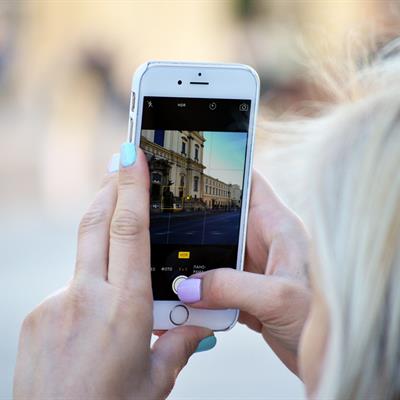Please be aware when registering, all times are in the Eastern Time Zone. Even for free events, you will need to click the "Proceed to Checkout" button and "Submit Order"
to complete your registration. If you do not receive an automated confirmation email, or if you have any questions about registration, please email
onlineseminars@saa.org.

Registration Closed!
Virtual Heritage and Public Archaeology
When: November 17, 2021 2:00-4:00 PM ET
Duration: 2 hours
Certification: RPA-certified
Pricing
Individual Registration: $99 for SAA members; $149 for non-members
Group Registration: $139 for SAA members; $189 for non-members
Edward González-Tennant earned his PhD from the University of Florida in 2011 for pioneering research on the application of digital archaeology to better understand the 1923 Rosewood Massacre. His broader research focuses on the use of digital, geospatial, and remote sensing technologies for archaeology, with a particular emphasis on racialized historical groups. All of Dr. González-Tennant's work is grounded by an interest in public outreach.
Digital technologies provide a powerful toolkit for researching, interpreting, and sharing archaeological knowledge with the public. The growing use of virtual technologies by archaeologists for these purposes is possible because of advances in computing power, expanding Internet access, and the maturation of free and open source software (FOSS). This online seminar will discuss best practices for integrating virtual applications into larger public archaeology work. A brief discussion of digital archaeology grounds an exploration of virtual reality (VR) and similar applications like augmented reality (AR) and mixed reality (MR). The instructor will present best practices in terms of workflows, available software, and online platforms, followed by a case study exploring more than 15 years of work regarding the 1923 Rosewood Massacre. Ultimately, this seminar is oriented toward providing participants applicable knowledge useful for crafting strong proposals, tailoring work to diverse audiences, and involving stakeholders across the lifetime of projects.
- Differentiate virtual reality from similar terms such as augmented reality, mixed reality, and various 3D applications.
- Learn through specific case studies how the application of virtual reality and related technologies assist in translating archaeological research into public knowledge.
- Develop an awareness of best practices (and associated software) for integrating virtual reality alongside other forms of public outreach.


